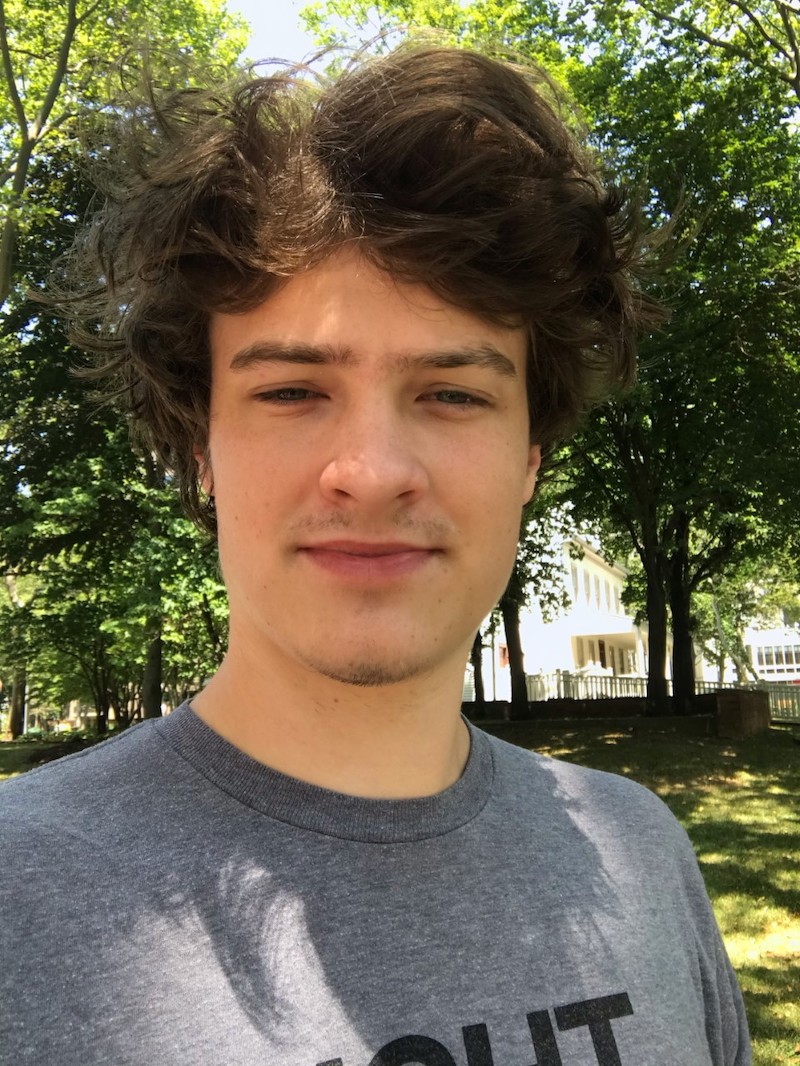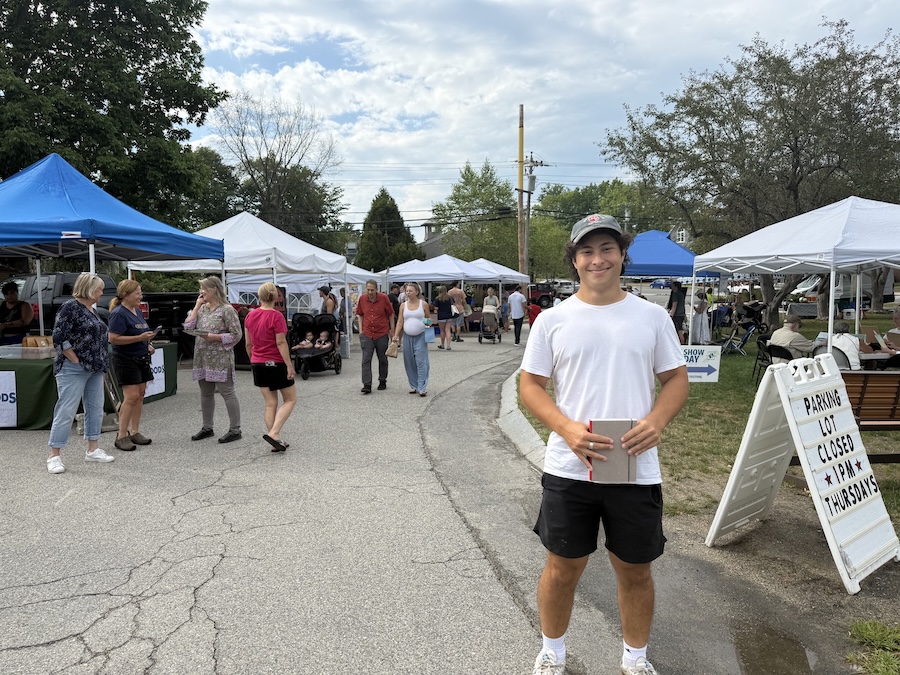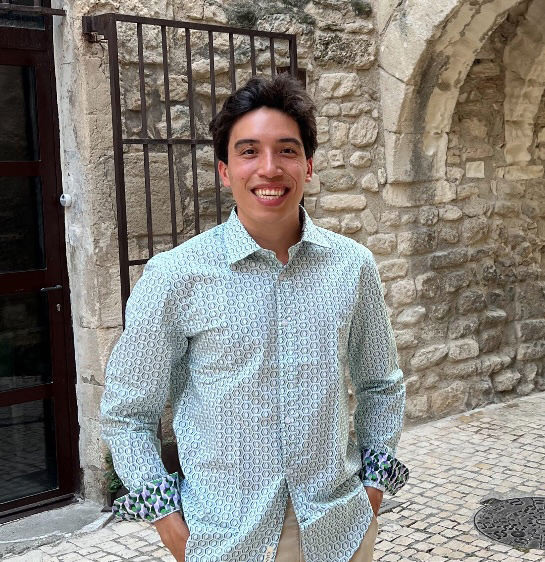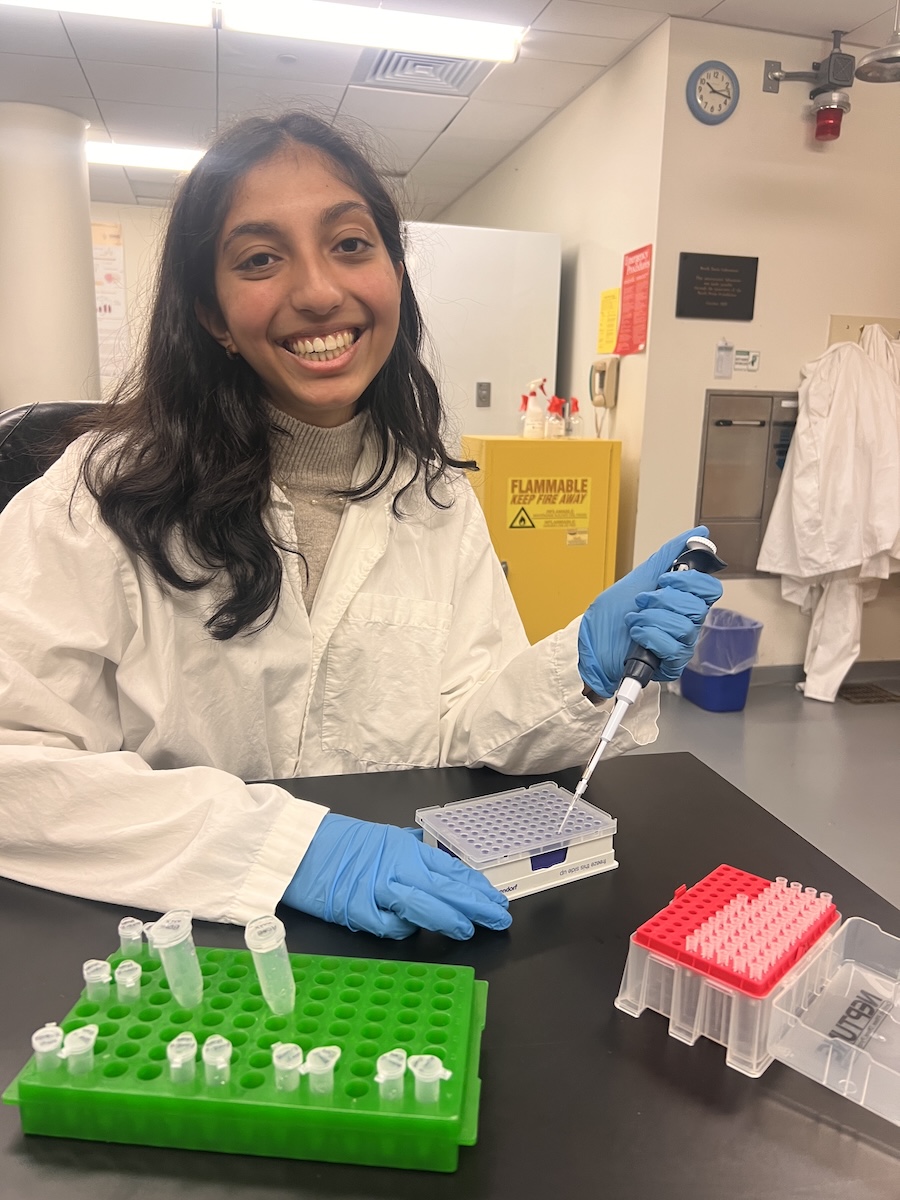Daniel Fitzgerald ’21: Pragmatically Defining Race in Medicine
By Rebecca Goldfine
His goal is to take a philosophical approach to establishing a definition of race in medical contexts that could, ideally, lead to better health outcomes for people of color.
“My project is looking at the philosophical side of discussing race against the backdrop of an ongoing discussion in biomedicine about how to introduce race, if at all,” he said. He added that his research involves exploring the works of intellects, like W. E. B Du Bois, who have revolutionized the way we think about race.
Fitzgerald conceptualized his research project before data revealed that Black and Latino populations in the US are being disproportionately sickened by COVID-19. But he pointed out that this disheartening development illuminates one of the complexities that underlie his research.
There is a long history in the US of doctors and pharmacists making harmful decisions about patients' healthcare based on race, and a long history of clinics providing substandard care for Black people. “Health professionals make decisions regarding who receives certain types of care based on race, although it is not clear exactly how they are classifying populations to define race,” Fitzgerald notes. So in some medical contexts, disregarding race altogether seems appropriate.
Contemporary Theories of Racism, with Consortium for Faculty Diversity (CFD) Postdoctoral Fellow in Philosophy Alberto Urquidez: “It was fascinating to see the different in-depth treatment by philosophers of a concept that I thought I understood.”
Philosophy of Science, with Professor of Philosophy Scott Sehon: “First you go down this rabbit hole where you become skeptical of science, but the more you study it, the more you realize that science is right, and useful. It is imperfect, but fine.”
Introduction to Film Theory, with Associate Professor of English Ann Kibbie: “You're dealing with film—it's real. With philosophy, you're always asking, is this world real?”
Yet in other medical contexts, addressing race is helpful, Fitzgerald argues, such as paying attention to Black Americans' higher rates of maternal mortality or coronavirus-related hospitalizations. In these instances, the health disparities likely stem from institutional and possibly other forms of racism. If the goal is to eliminate the cause of many diseases—toxic social effects—speaking of race in the treatment of illnesses could be beneficial.
Fitzgerald became interested in exploring race in medicine last fall in the class Contemporary Theories of Racism, with Alberto Urquidez, a postdoctoral fellow in philosophy.
That class, he said, completely upended his notions about race and racism. “We think we have this intuitive idea of what race is, but in many ways it is based on the false conception that there is a biological component that makes race real,” he said. “That was an eye-opening course.”
Because Fitzgerald is considering a career in medicine after Bowdoin, he proposed a project to Urquidez in which he attempts a “pragmatic approach to defining race in medicine.”
As he is approaching his subject philosophically, he's taking careful steps at every stage of his argument. His first goal is to examine how philosophers have dealt with the instability of the definition of race, and how their accounts of race could be ameliorative or useful in medical contexts. “My overarching hypothesis is that a working definition of race should be informed by this goal to alleviate racial injustice,” he said. “As such, any approach should prioritize the voices of those who experience the negative effects of racial injustice.”
And though he's focused just on medicine in his current research, he sees possible value in his work beyond this field.
“Medicine is the case study, but there are a bunch of conversations in education and law, for instance, around race,” he said. “Maybe the approach should be to unify those conversations into one theory.”
*This summer more than 160 students are pursuing academic research and community-based fellowships. They receive funding from a variety of sources. In many cases the awards fellowships for independent faculty-mentored research projects. Individual departments and programs can also draw from their own funds to give awards to students. In addition, faculty members may use outside grant-funding to hire students on their research projects. Inevitably, due to the COVID-19 pandemic, research methods are having to be modified in some cases this year. Nevertheless, many of these projects are likely to serve as a springboard for senior-year independent study or honors projects.



